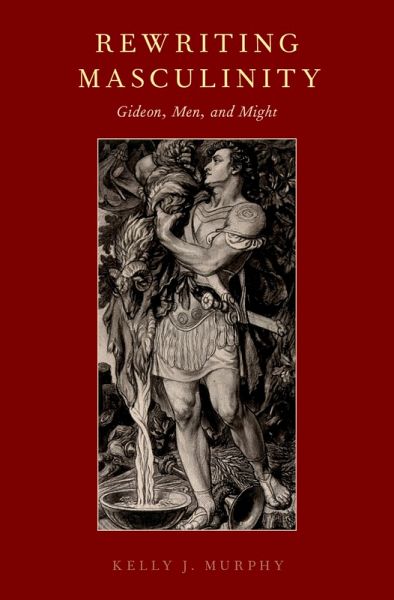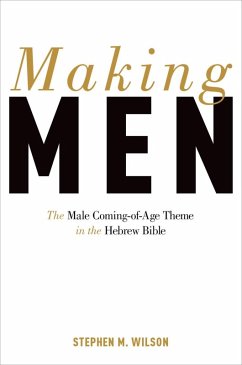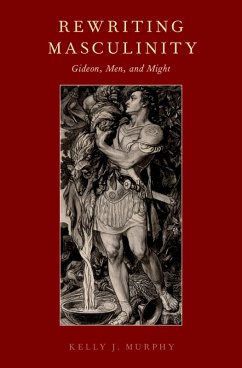
Rewriting Masculinity (eBook, ePUB)
Gideon, Men, and Might
Versandkostenfrei!
Sofort per Download lieferbar
46,95 €
inkl. MwSt.
Weitere Ausgaben:

PAYBACK Punkte
23 °P sammeln!
Who is the biblical Gideon? A mighty warrior, or a fearful son? Hesitant solider, clever tactician, commanding father, ruthless killer, idolater, or illegitimate king? Gideon has long challenged readers of the book of Judges. How did so many conflicting portraits become inscribed in our biblical text and its reception? What might these portraits tell us about the authors, editors, and interpreters of Gideon's story-especially their expectations for men? Rewriting Masculinity interweaves redaction criticism, reception history, and masculinity studies to explore how Gideon's image changes from a...
Who is the biblical Gideon? A mighty warrior, or a fearful son? Hesitant solider, clever tactician, commanding father, ruthless killer, idolater, or illegitimate king? Gideon has long challenged readers of the book of Judges. How did so many conflicting portraits become inscribed in our biblical text and its reception? What might these portraits tell us about the authors, editors, and interpreters of Gideon's story-especially their expectations for men? Rewriting Masculinity interweaves redaction criticism, reception history, and masculinity studies to explore how Gideon's image changes from a mighty warrior to a weakling, from a successful leader to a man who led Israel astray. Kelly J. Murphy first considers the ways that older traditions about Gideon were rewritten throughout ancient Israel's history, sometimes in order to align the story of Gideon with new ideas about what it meant to act like a man. At other times, she shows that the story of Gideon was used to explain why older standards of masculinity no longer worked in new contexts. Murphy then traces how some later interpreters, from the ancient to the contemporary, continually rewrote Gideon in light of their own models for men, might, and masculinity. Murphy offers an in-depth case study of how a biblical text was continuously updated. Emphasizing the importance of reading biblical stories and expansions alongside their later reception, she shows that the story of Gideon the mighty warrior is, in many ways, the story of masculinity in miniature: a constantly-transforming construct.
Dieser Download kann aus rechtlichen Gründen nur mit Rechnungsadresse in A, B, BG, CY, CZ, D, DK, EW, E, FIN, F, GR, HR, H, IRL, I, LT, L, LR, M, NL, PL, P, R, S, SLO, SK ausgeliefert werden.













